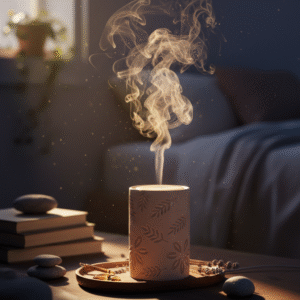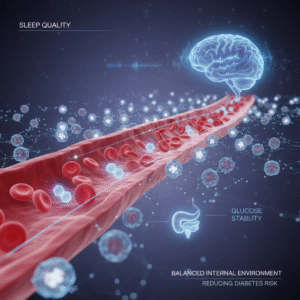Understand the potential emotional link between nightmares and suicidal thoughts from a new study. Learn the feelings involved and crucial resources for help available today.
Nightmares and Post-Traumatic Stress Disorder
People experiencing post-traumatic stress disorder (PTSD) often report an increase in nightmares or disturbed sleep patterns. PTSD can be triggered by various traumatic events, ranging from accidents or abuse to military combat. This article will explore the newly identified emotional link between nightmares and suicide, its causes, and potential interventions.
Understanding the Link
Research involving 91 participants who had been through traumatic events revealed that those reporting nightmares also were more likely to have suicidal thoughts, plans, or attempts. Further analyses highlighted specific emotional states: feelings of defeat, entrapment, and helplessness after recurrent nightmares might significantly contribute to suicidal ideation. Researchers suggest these emotions could erode a person’s sense of control and hope, increasing the risk.
The Role of PTSD
PTSD often co-occurs with sleep disorders, including nightmares. Individuals with PTSD may replay traumatic memories in their dreams, making even simple sleep restful moments difficult. This struggle with sleep can exacerbate feelings of isolation and despair. It is crucial to note that while the study highlights the association, further research is needed to fully understand these connections.
The Severity of Suicidal Thoughts
Suicidal thoughts are a major public health concern. According to the Centers for Disease Control and Prevention (CDC), suicide is the tenth leading cause of death in the U.S., claiming over 41,000 lives yearly. Many individuals hesitant to reach out may be unaware of the support available or hesitant to burden others. Opening up about distressing dreams or overwhelming emotions could be the first step toward recovery.
Conclusion
The study suggests a potentially dangerous connection between nightmares, feelings of defeat or hopelessness, and suicidal behavior, particularly in individuals with PTSD. Recognizing these signs and reaching out for help is critical. If you or someone you know needs support, resources like the National Suicide Prevention Lifeline can offer a lifeline. Encourage open conversations about mental health to reduce stigma and promote healing.
Frequently Asked Questions
Are nightmares always linked to suicide?
While nightmares often occur without any severe consequences, recurrent nightmares can contribute to mental health issues like PTSD. The new study shows a possible connection to suicidal thoughts, especially when accompanied by feelings like defeat or entrapment.
How can I help someone with nightmares struggling with suicidal thoughts?
Listen without judgment, encourage them to seek professional support, and contact the National Suicide Prevention Lifeline or a crisis resource for immediate guidance.








